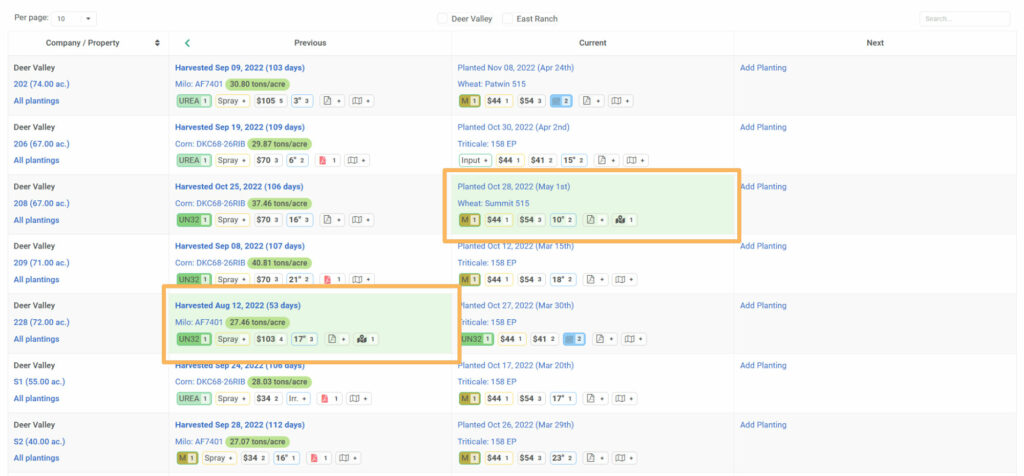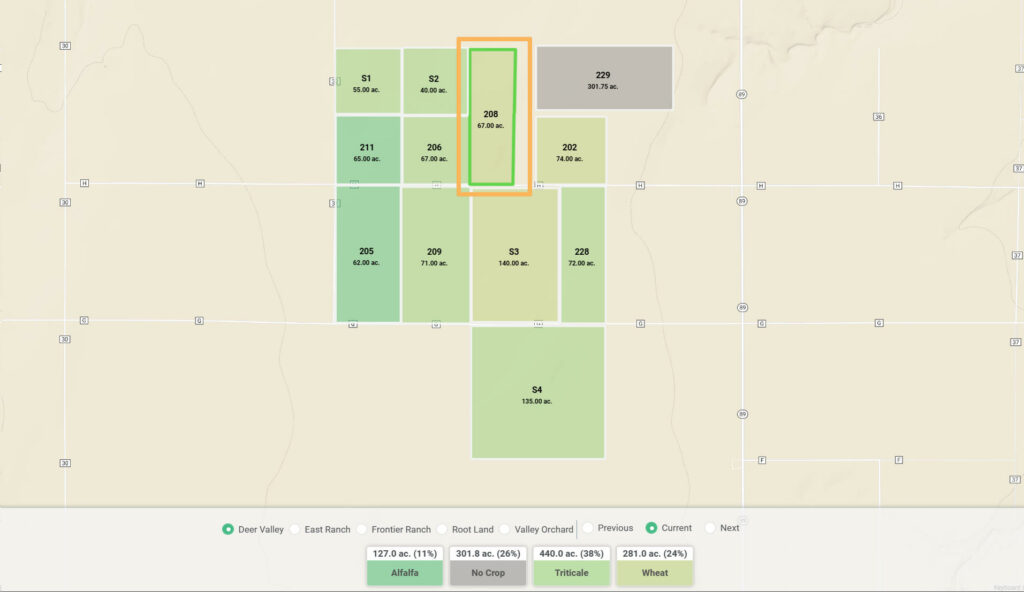Every time I visit Costco, I see more and more organic products on the shelves. Organic products offer us and the environment many benefits. Organic products are environmentally friendly. They use fewer pesticides and provide us with healthy and tasty food. That sounds great, some may ask why don’t farmers grow only organic products?
Challenges
We all want to be healthy, save our environment and eat healthy food, right? When it comes to healthy organic food, pests like it too, and weeds like to grow in the same soil where we grow our organic crops. Pest and weed control are the biggest challenges when growing organic crops.
Organic Farm Record keeping
One other challenge in organic farming is record keeping. First farmers will need to obtain Organic Certification. And to maintain the Organic Certification, farmers will need to maintain detailed field activity records such as applied pesticides, pesticide USDA certifications, field activity logs and much more. Here you can find more information on record keeping requirements for organic farms.
How AgNote can help
AgNote was initially prototyped by an actual farm manager who went through the process of converting conventional almond fields into organic. Therefore, he had first-hand experience on what are the requirements for organic farm record keeping. In AgNote it is amazingly easy to mark and track any permanent, row or vegetable crop field as Organic.
Here are just some of the features which are built into AgNote to help with organic farm record keeping:
- Mark planting(s) as organic. Organic field will be clearly visible on the field map
- Save organic certification documents for each input
- Many of the reports will have the Organic column, which allows user to quickly filter data for organic crops
- Easy to maintain records about organic field activities
- Save organic crop documents for each planting


If you are looking for user-friendly software to manage your organic crop data, please register for a free seven-day trial and try out AgNote today.